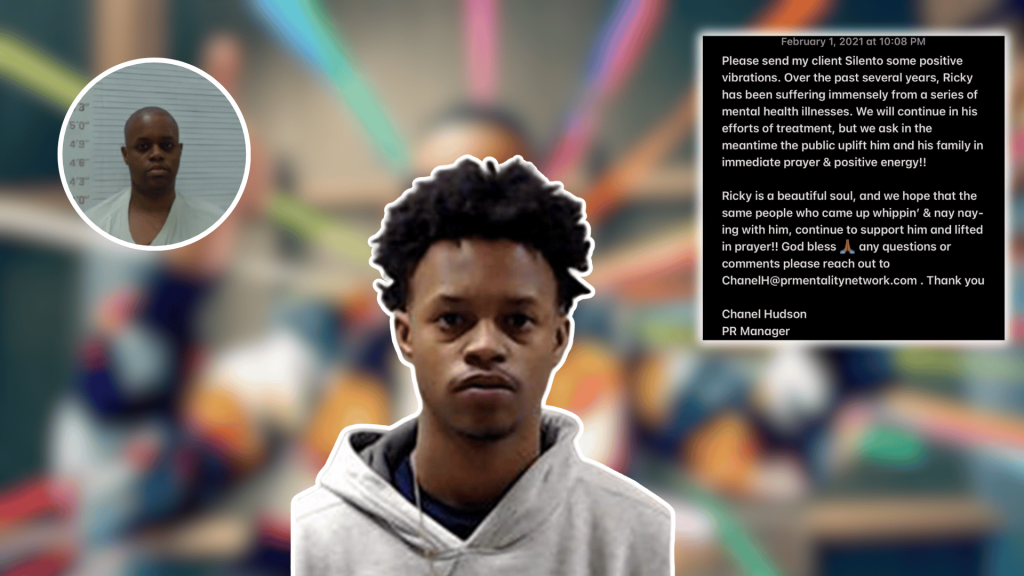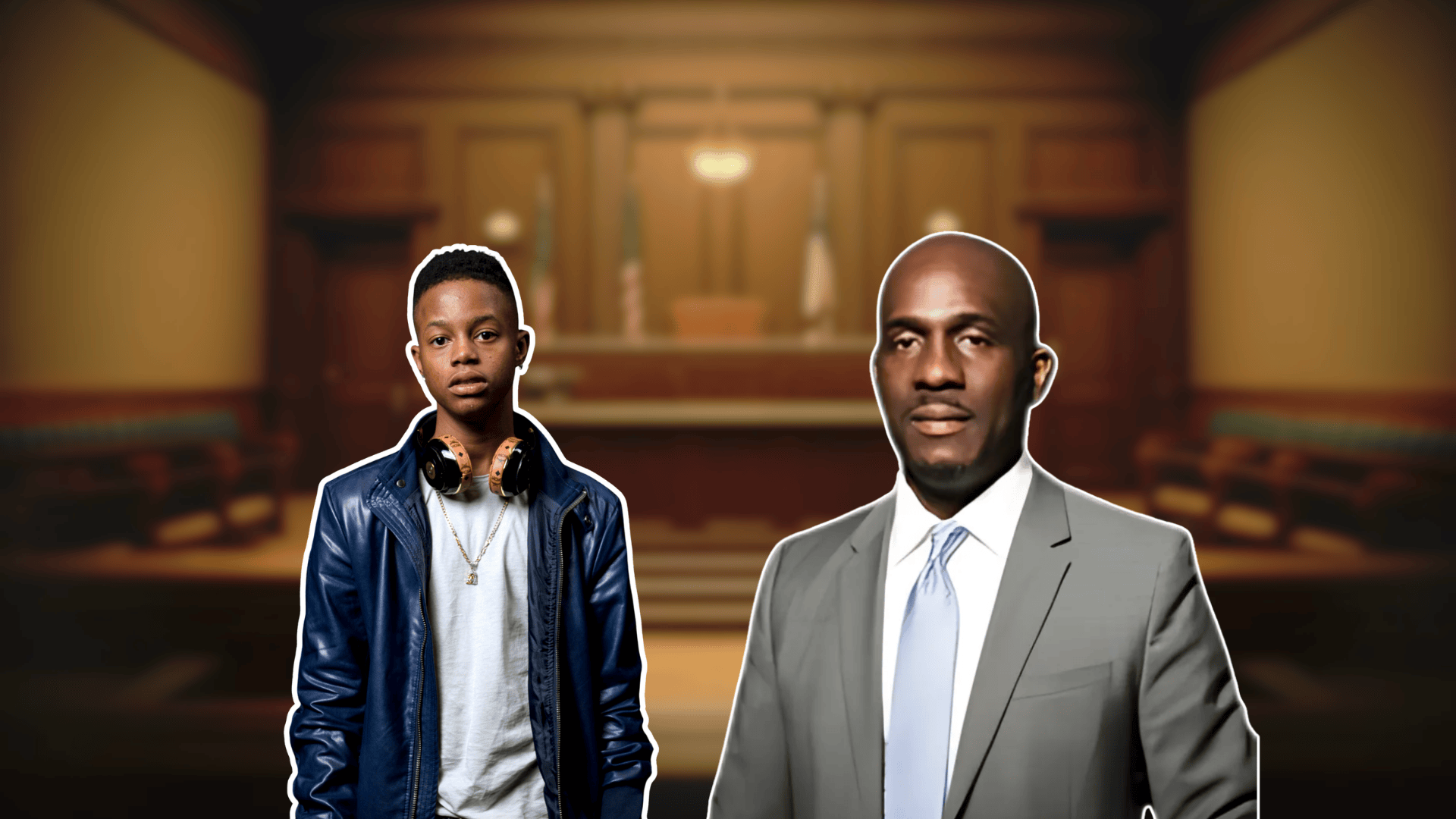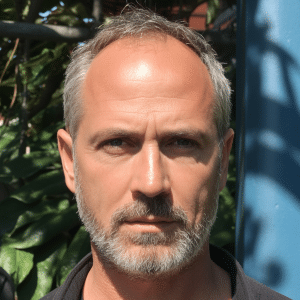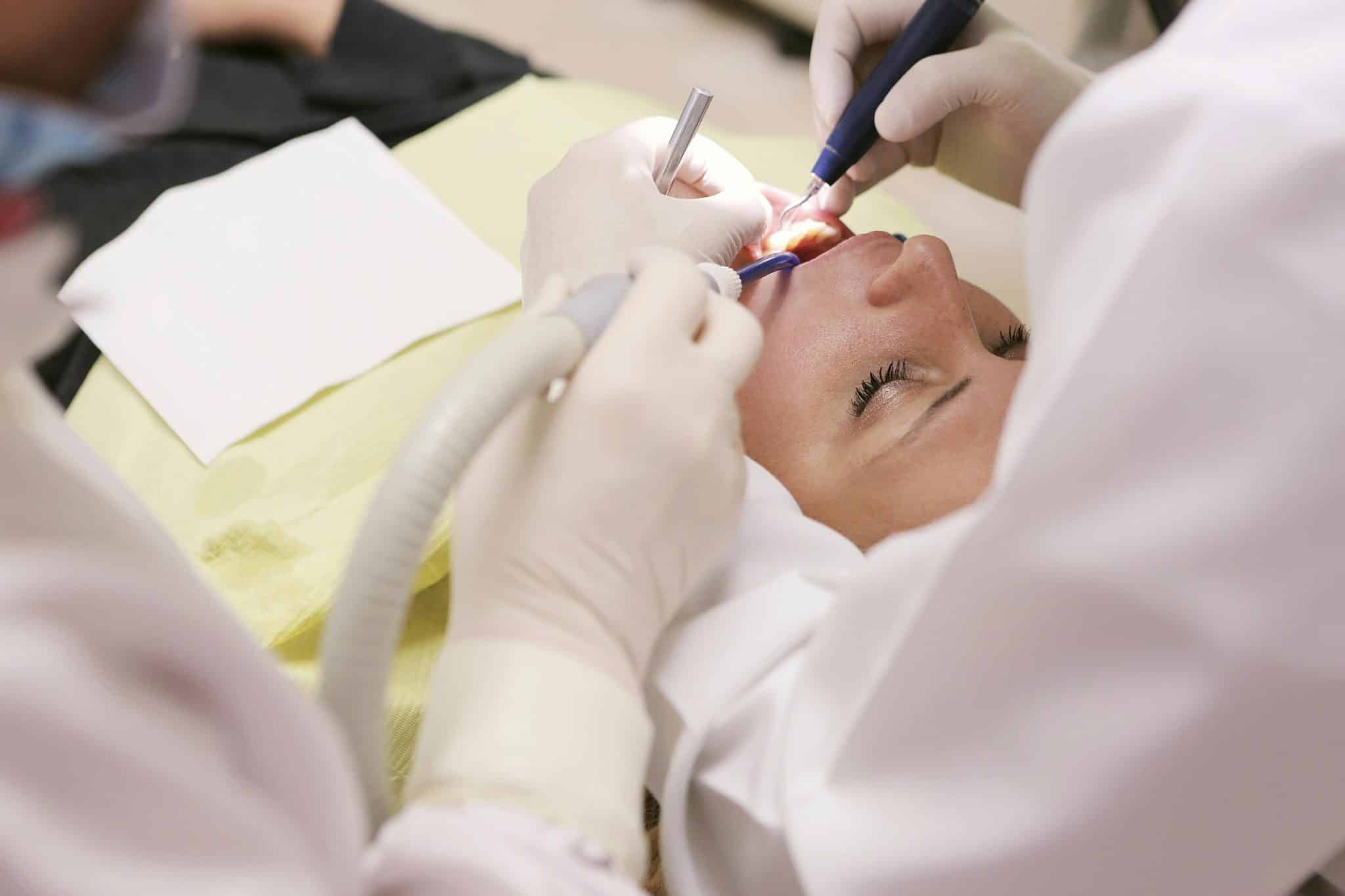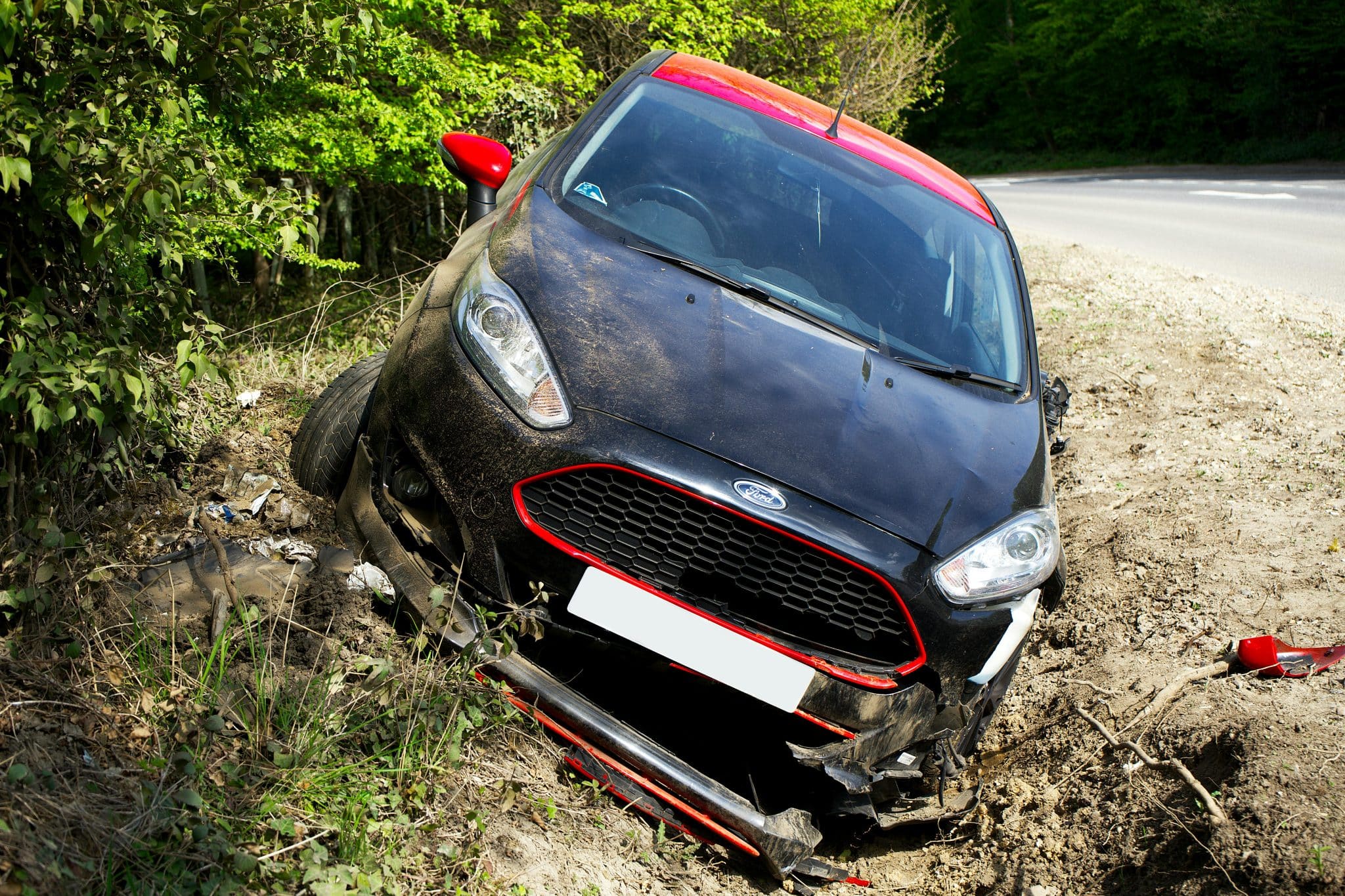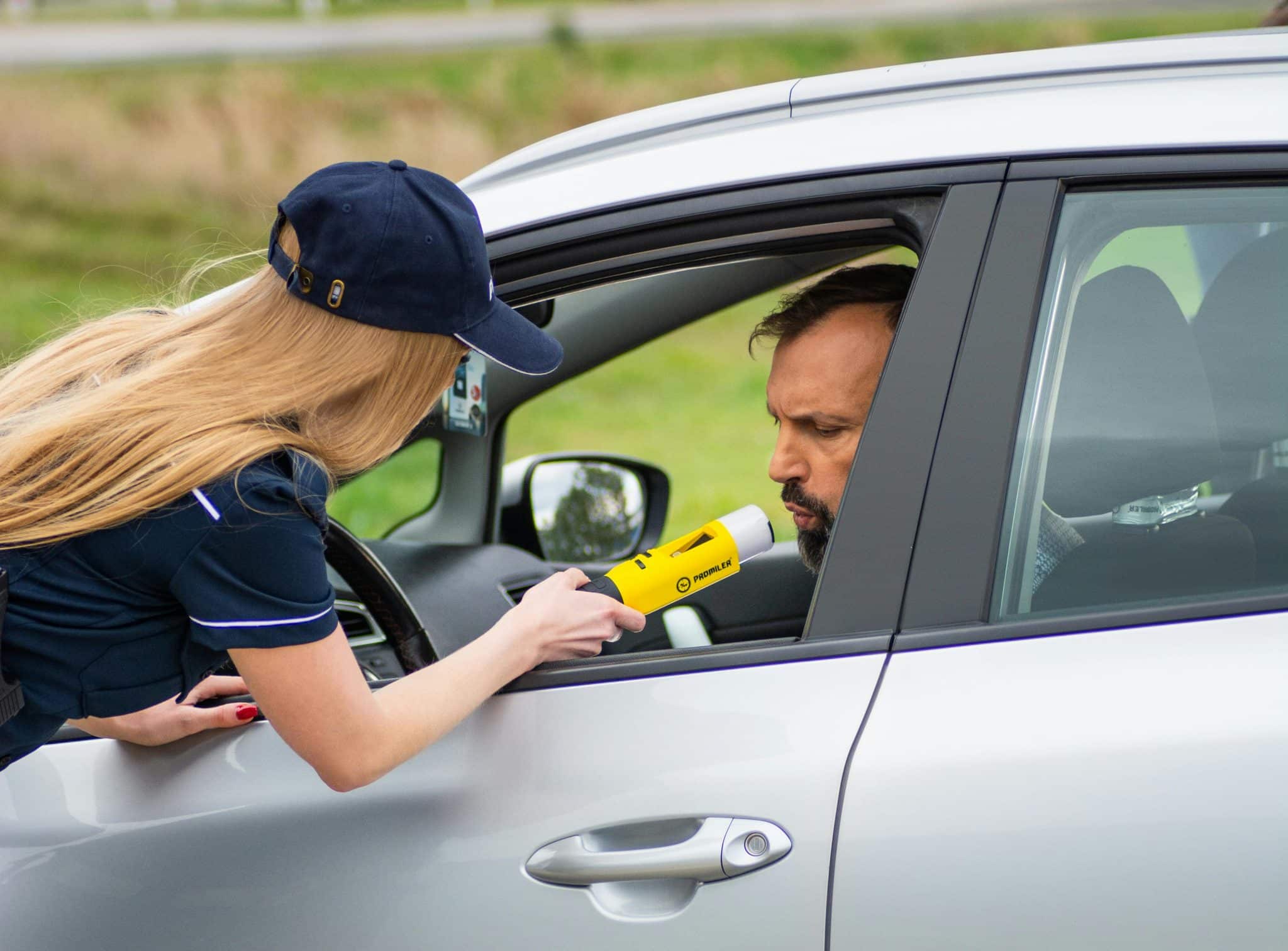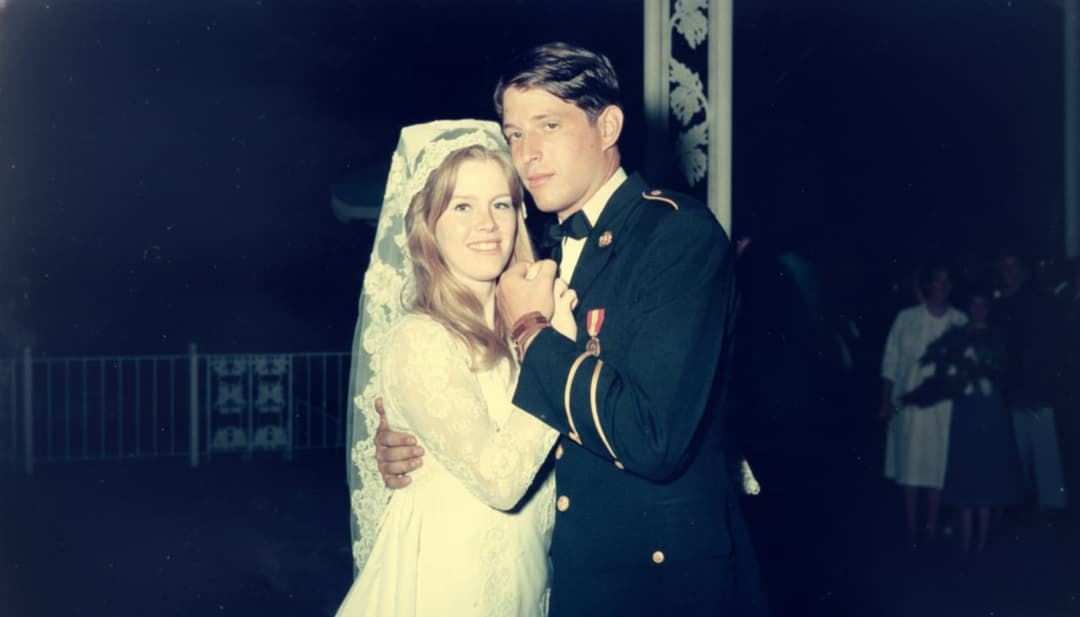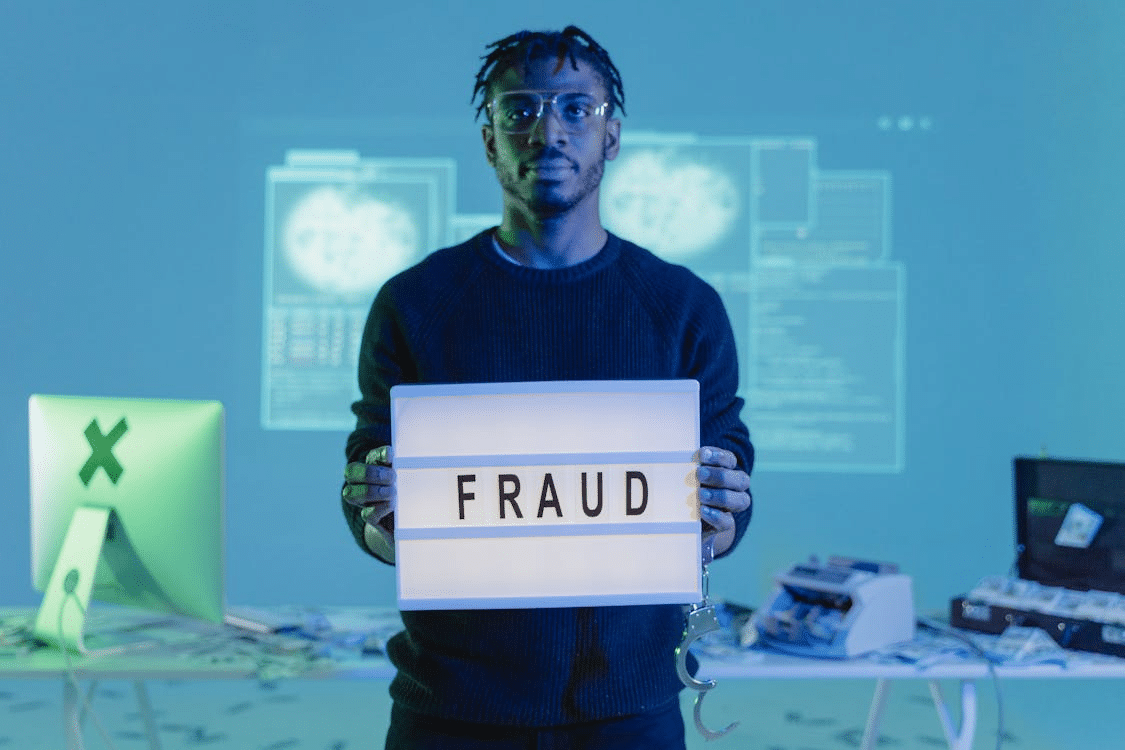Richard Lamar Hawk, professionally known as Silentó, became a global sensation at 17 when his debut single “Watch Me (Whip/Nae Nae)” reached number three on the Billboard Hot 100 in 2015.
The Atlanta rapper’s infectious dance anthem sparked a viral social media phenomenon, making him one of the youngest artists to achieve such massive mainstream success.
However, Hawk’s meteoric rise took a dark turn as he faced escalating legal troubles culminating in murder charges.
His case represents a stark example of how mental health struggles and early fame can intersect with the criminal justice system, raising important questions about celebrity accountability and the consequences of violent crime within families.
Silento Arrested: Current Jail Status
Yes, Silento is currently serving a 30-year prison sentence in a Georgia state facility.
The rapper was sentenced on June 11, 2025, after pleading guilty to voluntary manslaughter for the shooting death of his cousin, Frederick Rooks III.
The 27-year-old Atlanta rapper also received a consecutive five-year sentence for aggravated assault with a deadly weapon.
He has been in custody since his February 2021 arrest and could be released in 2051 with credit for time already served.
The case marks a dramatic fall for the artist who gained worldwide fame with his viral hit “Watch Me (Whip/Nae Nae)” in 2015 while he was still in high school.
How Was Silento Arrested?
Hawk was taken into custody on February 1, 2021, and during an interview with investigators, he admitted to shooting Rooks. The arrest came weeks after the fatal shooting incident that would change his life forever.
At around 3:30 a.m. on January 21, 2021, in DeKalb County, Georgia, Silento’s 34-year-old cousin, Frederick Rooks, was found bleeding profusely by police, with gunshot wounds in his face and leg.
Officers with the DeKalb County Police Department discovered the victim shot at a home off of Deep Shoals Circle and Corners Crossing in the early morning hours.
He was pronounced dead at the scene after suffering multiple gunshot wounds.
Timeline of the arrest and investigation:
- January 21, 2021: Frederick Rooks III was found shot multiple times at 3:30 a.m.
- Investigation period: Police collected evidence, reviewed security footage
- February 1, 2021: Silento arrested and charged with felony murder
- Post-arrest: Confession obtained during police interview
Neighbors told police that they heard gunshots, and a security camera on a nearby home caught a white BMW SUV fleeing the scene shortly after the shots.
Responding officers were able to obtain video from the security cameras of multiple residents. Videos captured at least one gunshot and show several vehicles fleeing the scene.
According to the police report, eight bullet casings were collected at the scene.
After the rapper was taken into custody, prosecutors say he admitted to shooting Rooks.
Bullet casings from the scene also reportedly matched a gun found on the rapper at the time of his arrest. Ballistics testing matched the bullet casings to a gun that Hawk had when he was arrested, authorities said.
What Happened to Silento: Past Troubles
Silento’s legal troubles began years before the fatal shooting, forming a concerning pattern of arrests and behavioral issues.
His legal troubles escalated in 2020 with three separate arrests: domestic violence charges in California, assault with a deadly weapon after entering a stranger’s home with a hatchet while looking for his girlfriend, and reckless driving after police clocked him at 143 mph in Georgia.
He reportedly told officers he could drive that fast because he was “not a regular person.”
The rapper had been open about his mental health struggles. In 2019, he appeared on The Doctors to discuss his depression and childhood trauma, stating, “I’ve been fighting demons my whole life.”
He revealed being born with drugs in his system and witnessing family violence. His publicist, Chanel Hudson, later disclosed he had attempted suicide in 2020.
On February 1, 2021, the day of his murder arrest, Hudson released a public statement: “Over the past several years, Ricky has been suffering immensely from a series of mental health illnesses. We will continue in his efforts of treatment, but we ask in the meantime the public uplift him and his family in immediate prayer & positive energy!!”
She also asked that “the same people who came up whippin’ & nay nay-ing with him, continue to support him and lifted in prayer,” highlighting the contrast between his viral success and current troubles.
Charges and Plea Deal
Following his confession and ballistics evidence, Silento faced serious criminal charges under Georgia law.
Charges filed against Silento:
- Malice murder: Original charge carrying the potential death penalty or life imprisonment
- Felony murder: Additional murder charge with life imprisonment penalty
- Aggravated assault: For firing a gun in the direction of two other people
- Possession of a firearm during the commission of a crime: Weapons charge related to the incident
- Concealing the death of another: Additional charge connected to his cousin’s death
Hawk entered a plea of guilty but mentally ill to voluntary manslaughter, avoiding the original murder charges.
He also pleaded guilty to aggravated assault, possession of a firearm during the commission of a crime, and concealing the death of another in connection with the death of his cousin, 34-year-old Frederick Rooks III.
The “guilty but mentally ill” plea acknowledged his severe bipolar disorder while holding him accountable, ensuring he would receive mental health treatment during incarceration.
This adds the complete legal context, showing all charges he actually pleaded guilty to, not just the main manslaughter charge.
The Final Verdict
Following the court proceedings, Silento was processed into the Georgia Department of Corrections system.
His attorney, Keith Adams, noted that “For the first time since he’s been arrested, Ricky is in his right mind, and he’s in a place where he has a full understanding” of his situation.
The rapper was reportedly apologetic following the sentencing and expressed plans to make music during his incarceration.
In Georgia, inmates convicted of violent crimes like voluntary manslaughter must serve a substantial portion of their sentence before becoming eligible for parole consideration, with the timeline depending on prison behavior and completion of rehabilitation programs.
The Bottom Line
Silentó’s case serves as a sobering reminder of how untreated mental health issues can lead to devastating consequences.
The rapper’s journey from viral sensation to convicted felon highlights critical gaps in mental health support systems, particularly for young artists thrust into sudden fame.
His 30-year sentence reflects the seriousness with which Georgia courts treat violent crimes, even when mental illness is a significant factor.
While Silentó plans to make music during his incarceration, his story stands as a cautionary tale about the intersection of fame, mental health, and criminal behavior.
The contrast between his viral dance hit and his current prison sentence represents one of the most dramatic falls from grace in recent music history.
What are your thoughts on Silentó’s case and the role mental health played in his legal troubles? Share your perspective in the comments below.

